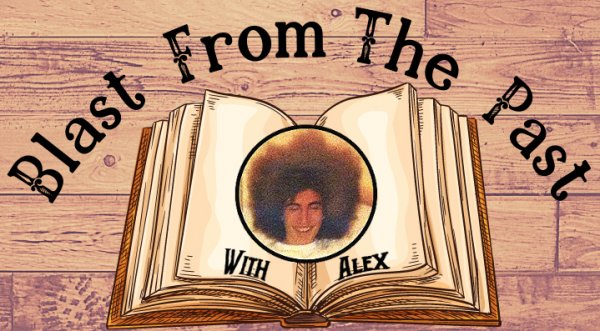VOLUME 72 NUMBER 8
ROSH HASHANAH EDITION
By Rabbi Dovid Nussbaum
ONE NATION
As we approach the Day of Judgment, we attempt to justify our raison d’etre for our existence. Have we been especially kind to our fellow man? Are we performing mitzvos in a more enhanced fashion since last year? Did we give charity according to our means or have we slacked off? The list that we could compile is long and perhaps some of the answers are not so forthcoming. Therefore, how do we have the audacity to approach the King of the Universe and plead for yet another year which although we anticipate will be more successful, but who knows, maybe we will fail again?
In this week’s parsha, a concept is introduced which presents a central theme in our serving Hashem. It is the understanding that each and every Jew is responsible for each and every Jew. Therefore, if someone sins, every Jew is held accountable for that transgression. The famed master of ethical teachings, R’ Yisroel Salant was wont to say, that if a Jew in Warsaw says “Loshon Hora”, slanders another, then a Jew in Paris will desecrate the Shabbos. The fundamental premise that he was stating is precisely what the parsha is discussing, how we are one entity and therefore interconnected and interrelated in a manner unlike any physical unit.
In Parshas Ha’azinu, Hashem is described as One without iniquity. The eminent Mussar personality Rav Eliyahu Lopian questions this. Shouldn’t the Torah stress positive qualities of Hashem and not just that He does not act unjustly? Indeed the Torah in that parsha enumerates many affirmative characteristics of Hashem, so why is this included in that list? He explains that the Torah is truly stressing the incredible characteristic of tolerance for another who is an important member of his family or area. For example, if one had transgressed the Torah and deserved the death penalty, then the court would be obligated to execute that person regardless of the consequences of doing so. However, the Heavenly tribunal has the flexibility to view the entirety of the situation. If one was integrally important to his family or community, then his punishment could be postponed or mitigated in order to not burden those who are dependent upon that person.
Rav Lopian expands upon this idea of community and emphasizes that if one is valuable to his community, then the Heavenly Court will view him not only as an individual, but in terms of his importance to those who rely upon him. Therefore, although based upon his own credentials, he may not deserve a favorable judgment on Rosh Hashanah, however, due to his extended relationship with others he will be evaluated on a different scale.
Perhaps one of the most vital protocols we can adopt as a saving grace during this time of the year is to become involved as much as possible in our communal affairs. If we extend ourselves beyond our own personal lives, then when Hashem examines our record for the year, it will be subject to not only our personal conduct, but additionally our involvement with our fellow man. Then if our community or area requires our participation, Hashem will exercise His attribute of mercy towards us. Then we can look forward to another year to attempt to accomplish those valuable goals in life that seem so elusive and difficult to achieve.
A BYTE FOR YOM TOV
Although we are judged on Rosh Hashanah, we do not mention sin in our davening. The intent of the Yom Tov is to recreate our relationship with Hashem in such a manner that we are viewed in a totally distinct fashion than our previous year’s conduct might suggest.


